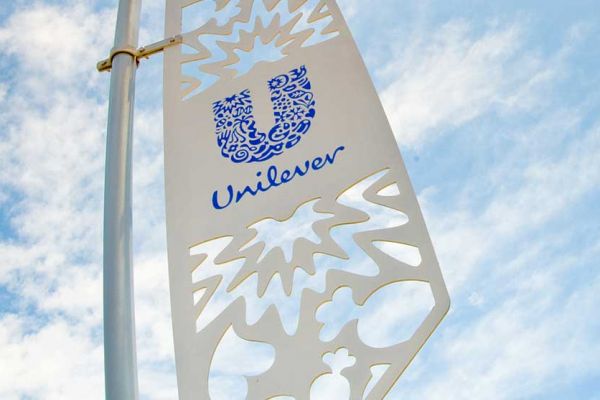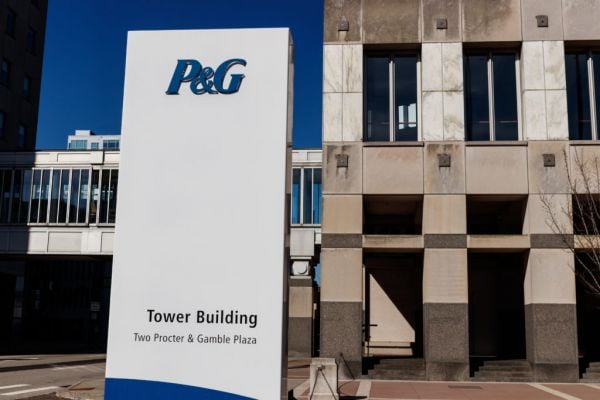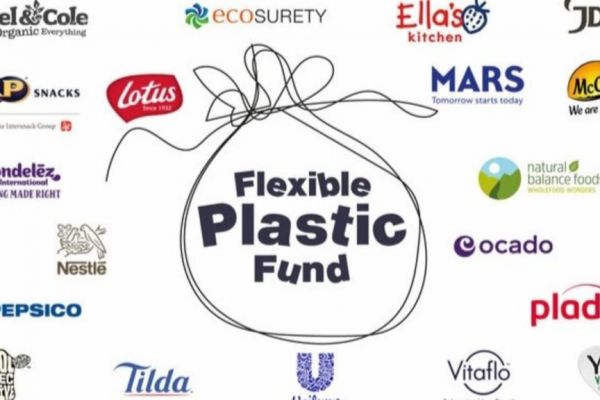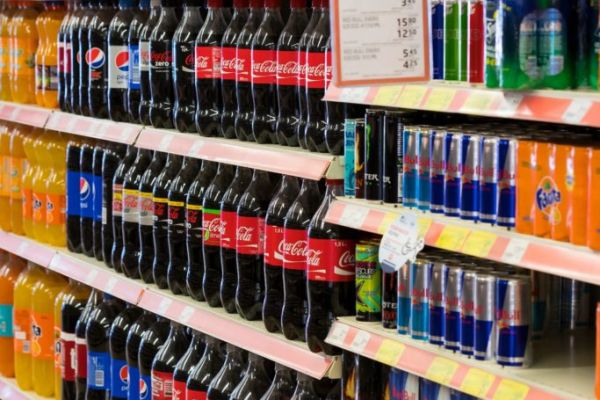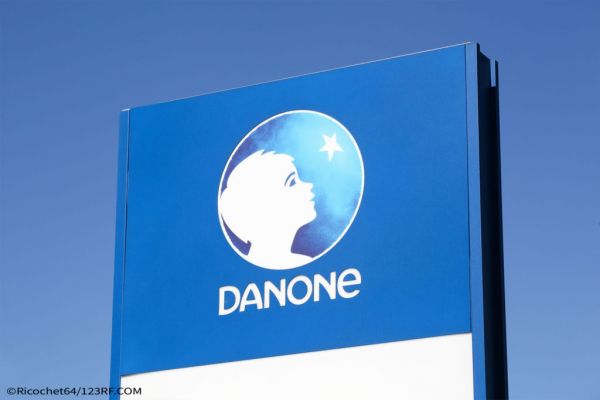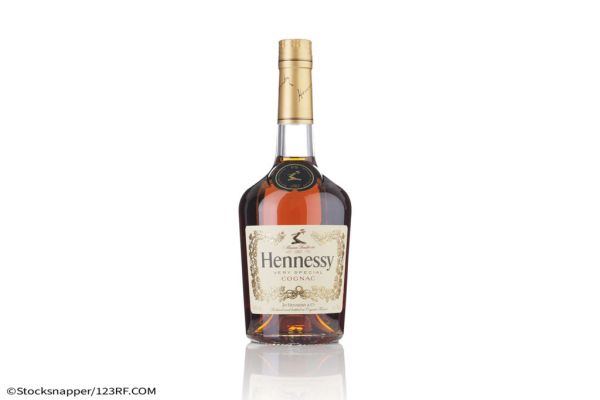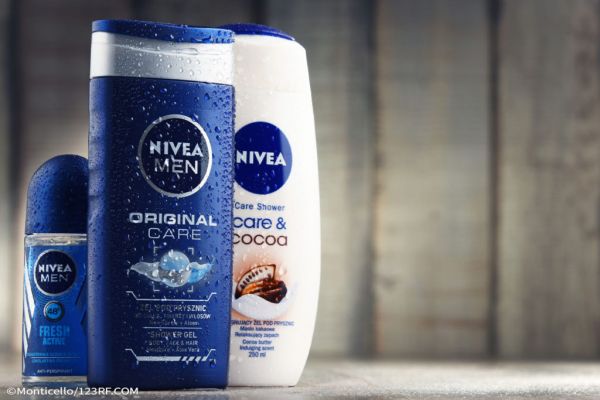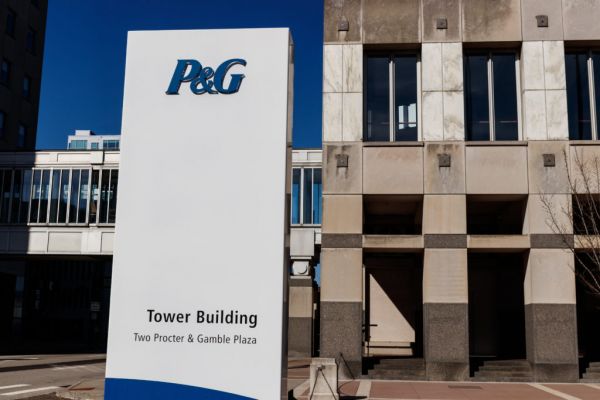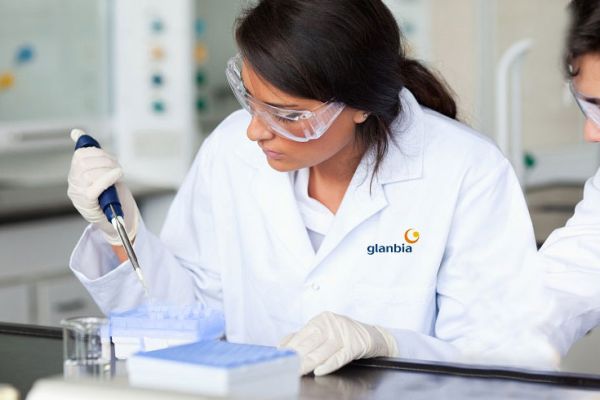Less than a month on from announcing a range of new commitments to reduce its plastic footprint, consumer goods giant Unilever is stepping up its efforts to source recycled plastics.
The group has announced the next phase of its partnership with Saudi firm SABIC, also known as Saudi Basic Industries Corp, the world's fourth biggest petrochemicals producer.
The agreement will see the two firms develop 'next generation packaging solutions' using SABIC's recycling technology.
Packaging Solutions
Last August, Unilever's Magnum brand became the first ice cream to use food-grade recycled plastic, with 600,000 recycled tubs rolled out across Europe.
The recycled plastic is sourced from SABIC's circular polymers, which are created from the recycling of low quality, mixed plastic waste otherwise destined for incineration or landfil. The plastic is also set to be used in Knorr billion powder containers for professional kitchens, as well as REN Clean Skincare's Evercalm products.
The development of the recycled plastic forms part of SABIC's circular solutions platform TRUCIRCLE, which the company's vice president, Performance Polymers & Industry Solutions, Sergi Monros, has described as "proof of our commitment to our customers to deliver solutions that contribute to closing the loop on reutilising plastic waste".
Earlier this month, the Saudi firm saw a 86% drop in third quarter net profit, after taking an impairment charge of around 1.5 billion riyals (€360 million) on an investment in Switzerland.
“Meeting our ambitious plastics sustainability goals will require innovation and collaboration with partners from across the industry and around the world," commented Marika Lindstrom, vice president procurement, Unilever. "We are pleased to continue our work with SABIC to help us keep plastic out of the environment and in the circular economy."
Taking The Lead
The SABIC agreement is by no means the only initiative underway at Unilever to reduce plastic, with the firm recently announcing 'ambitious' new circular economy commitments.
At the start of October, Unilever said that it hopes to half its use of virgin plastic (reducing its absolute use of plastic packaging by more than 100,000 tonnes) by 2025, as well as collect and process more plastic packaging than it sells.
It has also pledged to ensure all its plastic is either reusable, recyclable or compostable by 2025, and to use at least 25% recycled plastic in its packaging by the same milestone.
Chief executive Alan Jope has pledged to take "radical action" to reduce the presence of plastic in the environment, adding that business in general has to "act fast" to deal with the growing plastic issue.
“Our starting point has to be design, reducing the amount of plastic we use, and then making sure that what we do use increasingly comes from recycled sources," he said. "We are also committed to ensuring all our plastic packaging is reusable, recyclable or compostable.
“This demands a fundamental rethink in our approach to our packaging and products. It requires us to introduce new and innovative packaging materials and scale up new business models, like re-use and re-fill formats, at an unprecedented speed and intensity.”
Global Commitment
And Unilever's efforts aren't going unnoticed.
Last week, at the Our Ocean Conference in Oslo, the Ellen MacArthur Foundation and the UN Environment Programme published the first annual New Plastics Economy Global Commitment progress report, which singled out Unilever (as well as Mars and PepsiCo) for their efforts to reduce virgin plastic, and lightweight their packaging.
However, the authors of the report also issued a warning, saying "While material substitution and light-weighting are part of the mix of available elimination levers, a simplistic approach applying predominantly these two actions would not realise the desired shift towards a circular economy and — if not considered with a systems perspective — could come with unintended consequences."
In other words, a good effort, but there could still be more to do.
Finding A Balance
Unilever CEO Jope will also need to strike a balance between the group's sustainability approach and maintaining profitability – no easy task for a business of its size.
Unilever is anticipating underlying sales growth of between 3% and 5% for the year, on the back of underlying sales growth of 2.9% in Q3, just below analyst estimates.
Turnover for the period was €13.3 billion, ahead of what analysts had expected.
As long as sales continue to show positive momentum, Jope will likely have the freedom he needs to embark on ambitious sustainability initiatives – for the moment at least.
© 2019 European Supermarket Magazine – your source for the latest retail news. Article by Stephen Wynne-Jones. Click subscribe to sign up to ESM: The European Supermarket Magazine.
